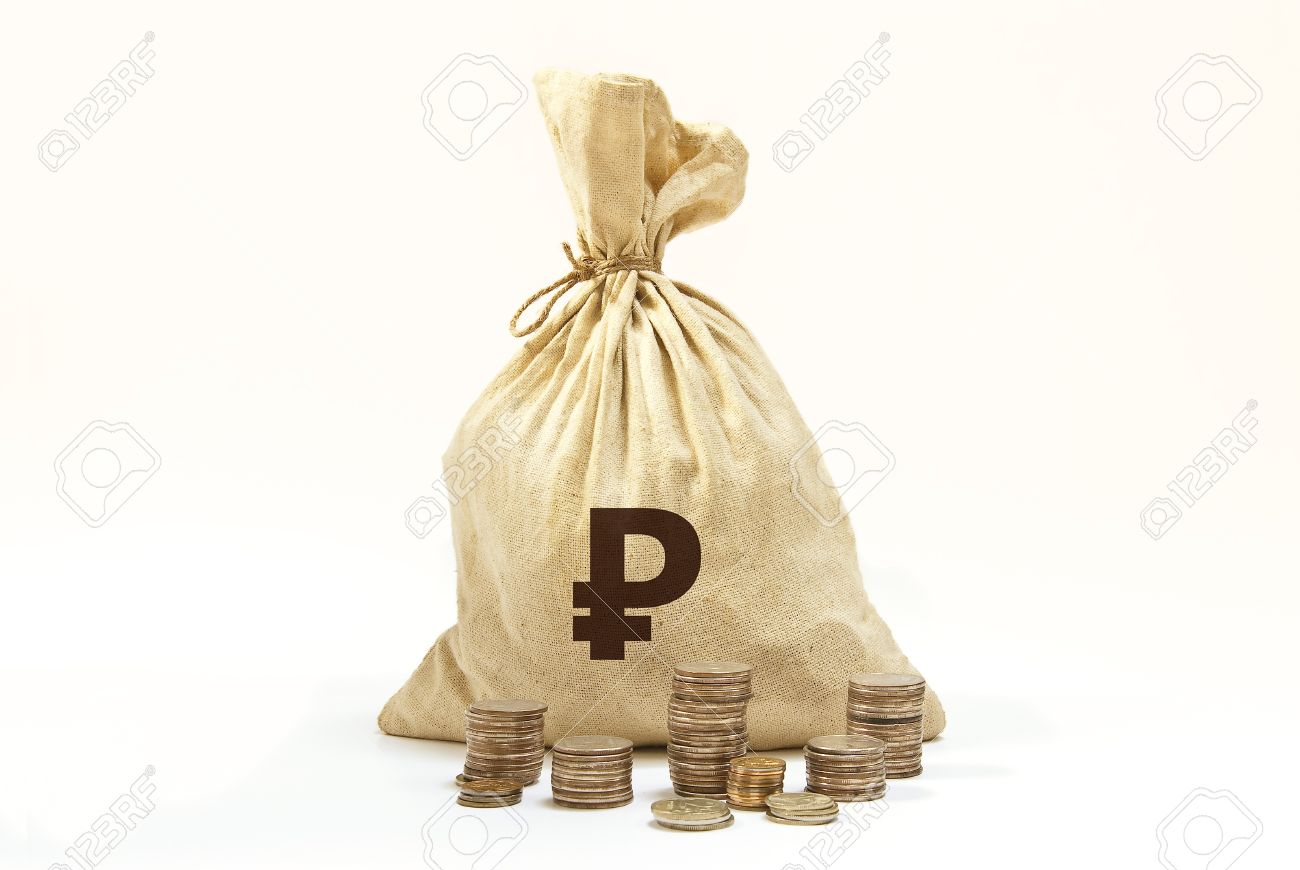
Something big happened in the currency markets on July 1, but if you read only the mainstream media, you might have missed it. On that date Russia made its ruble fully convertible for the first time since Aug. 8, 1914. More precisely: It lifted all restrictions on ruble flows into and out of the country. The ruble can now be freely traded on international exchanges, and foreigners can hold ruble deposits in Russia and abroad. Investors are no longer required to keep interest-free deposits at the Central Bank (and pay an implicit tax) when they invest in Russian fixed-income markets.
Did this loosening cause a run on the ruble? Far from it. Over the past year the ruble is up 6.3% against the dollar, including 0.7% gained since July.
This move toward free markets is a very positive development in a country that has had a rocky conversion from communism to capitalism. Russia’s fledgling capital markets stand to become deeper, more efficient and more fully integrated with international markets. In short, convertibility will push Russia further along the globalist path, stimulating capital inflows and further ruble gains against the dollar.
Why did reporters miss the ruble story? Because they’ve got their minds made up that Vladimir Putin is taking Russia back to its authoritarian past. They can’t even imagine—let alone print—that a former KGB man could be presiding over any kind of economic liberalization.
Moving from Moscow to Paris, we discover another noteworthy currency story. Since Charles de Gaulle delivered his famous February 1965 speech in favor of a role for gold in the international monetary system, it’s been no secret that France has had an international currency strategy: Any system that counters U.S. dollar hegemony is good. This, of course, explains why the French were European Monetary Union enthusiasts in 1999.
Jean-Claude Trichet, European Central Bank president since 2003, is promoting a French point of view when he says that the cheap Chinese yuan has given China a competitive trading advantage and generated dangerous global imbalances (read: a large U.S. current account deficit).
The neomercantilist Bush Administration, supported by parochial special interests, has stumbled over this French tripwire. Indeed, the U.S. has led the campaign to force the Chinese to unlink the yuan from the dollar and let the yuan float. If that were to happen, the French would have their prize. The other countries that link their currencies to the dollar and form the Asian dollar bloc would cut their dollar tethers and the bloc would break apart. This would roll back the U.S. dollar hegemony, inject instability into what was the Asian dollar bloc area and retard the flow of Asian savings to the U.S.
There is a good way for the Chinese to thwart both the French and the American protectionists: adopt a fixed yuan/dollar exchange rate while introducing full convertibility. Such a change would leave China where it wants to be and with the same type of monetary regime as Hong Kong’s. The Asian dollar bloc would remain intact. I think it’s a bad idea to buy the yuan with the expectation that the Chinese will allow a major appreciation. One more currency development merits attention: the Swiss franc’s apparent loss of its safehaven status. You’d expect that war in the Middle East and rising oil and gold prices would make the franc a desirable store of value. The Swiss economy, moreover, is generating strong growth, low unemployment, low inflation and a huge current account surplus. And yet the Swissie is trading near its six-year low against the euro and at a two-year low against sterling.
What explains this puzzle? Low Swiss interest rates (one-year money costs 2%) have attracted mass franc borrowing by individuals and small businesses in Eastern Europe (especially Hungary) and Turkey. However, these mom-and-pop borrowers must service their Swiss franc debts with incomes denominated in Hungarian forints and Turkish liras, creating a dangerous currency mismatch. This is a train wreck waiting to happen—particularly when novices are at the controls. When the wreck occurs, expect a sharp rise in the value of the Swiss franc. Sell the Euro/Swiss futures contract traded on the Chicago Mercantile Exchange (symbol RF).
Author Steve H. Hanke

0 responses on "Rubles and Swiss Francs"